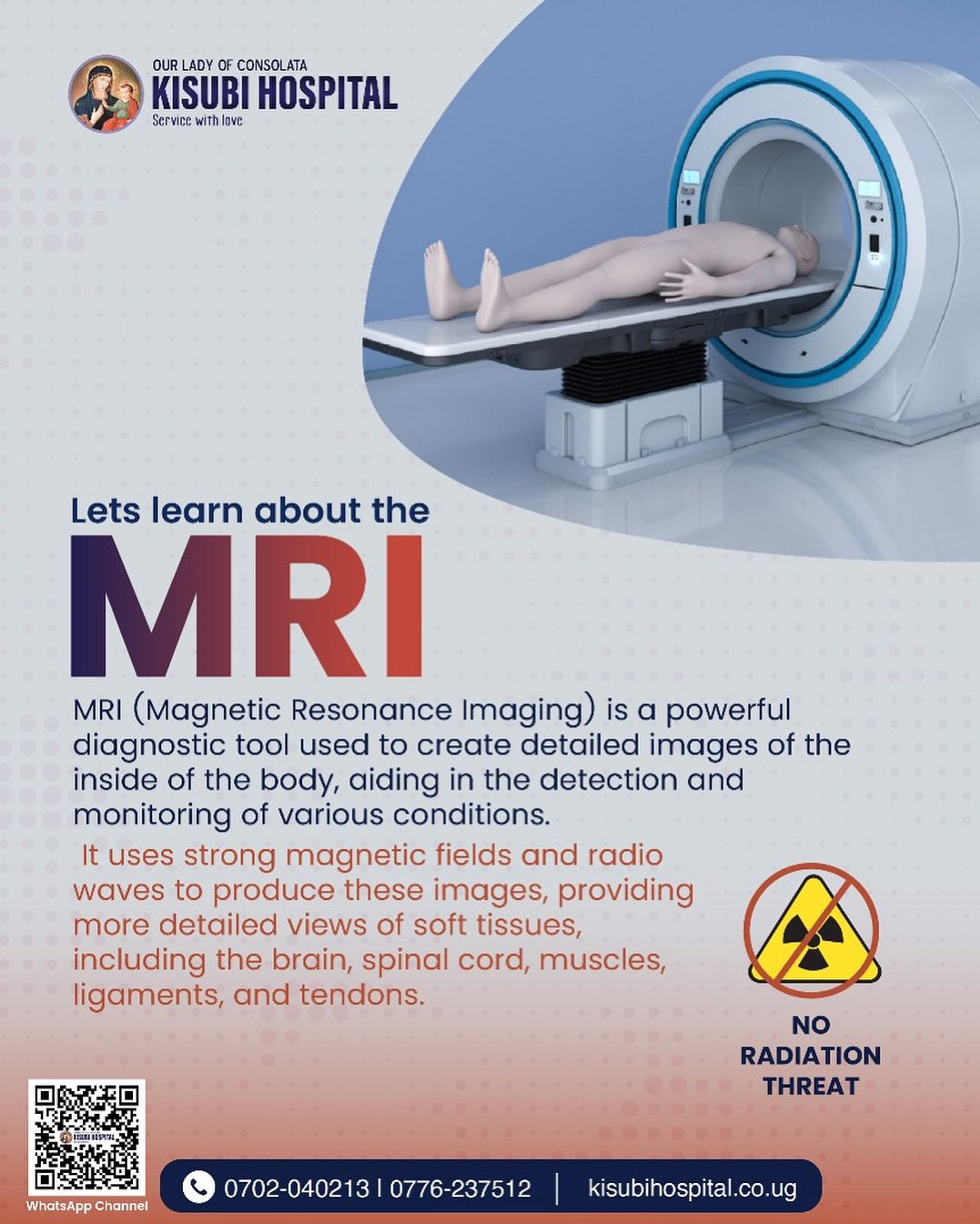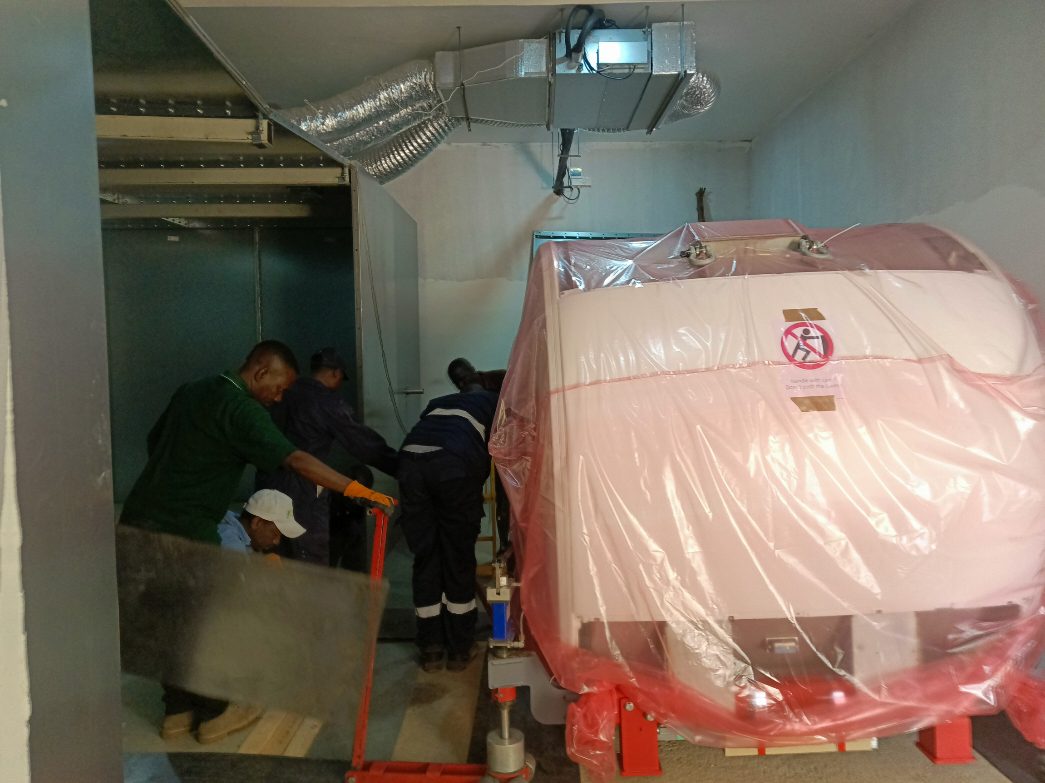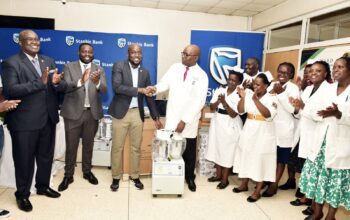Uganda has joined an exclusive global club in advanced medical imaging technology following Kisubi Hospital’s acquisition of the Siemens Magnetom Flow Plus, a cutting-edge next-generation Magnetic Resonance Imaging (MRI) scanner.
The German-made equipment, which arrived in Uganda this week, makes Kisubi Hospital the first medical facility in East and Central Africa to operate this model, and only the second in Africa after South Africa.
In a post on social media platform X, Kisubi Hospital announced: “We just shipped in a next generation MRI and we are the second to have it in Africa, making Uganda the second country in Africa to own one after South Africa.”
The hospital emphasised: “We are currently installing this mega piece of hi-tech equipment. We are doing all these things for our patients who are our driving force.”
Breakthrough
The Magnetom Flow Plus is among the latest innovations by global medical technology leader Siemens Healthineers.
According to the manufacturer, the machine features helium-independent cooling technology, AI-powered image processing, simplified operational workflows, and significantly improved energy efficiency — addressing several of the common challenges faced by developing countries operating high-end diagnostic equipment.
One of the key breakthroughs is the elimination of liquid helium dependency.
Traditional MRI machines rely on large amounts of helium to cool the superconducting magnets, but this resource is costly, scarce, and vulnerable to global supply chain disruptions.
The Magnetom Flow Plus uses Siemens’ Dry Cool technology, requiring minimal helium and significantly reducing long-term operational costs and risks.
The system is also designed with AI-powered automation, enabling faster image acquisition and analysis, while reducing the need for highly specialized operators — a major advantage in Uganda where trained radiology specialists remain in short supply.
This simplifies diagnosis, shortens patient scan times, and improves diagnostic accuracy.
Medical experts say the arrival of such next-generation equipment in Uganda will have far-reaching implications for patient care, medical research, and the training of health professionals.
“This is a game-changer for Uganda,” says Dr. Isaac Mukisa, a Kampala-based radiologist.
“The advanced image clarity, speed, and reduced dependence on specialized technicians will make world-class diagnosis accessible to more Ugandans without traveling abroad.”
For ordinary Ugandans, the benefits will be tangible.
The machine’s AI-powered features allow for earlier detection of conditions such as cancer, brain disorders, musculoskeletal injuries, and heart diseases.
Quicker diagnosis means earlier treatment, potentially saving thousands of lives annually.
Moreover, its energy-efficient design may allow facilities like Kisubi to offer services at more affordable rates, since high power and cooling costs have historically driven up MRI scan prices in Uganda — often ranging between Shs 400,000 to Shs 1.5 million per scan depending on complexity.

Gap
Currently, Uganda faces a significant diagnostic gap.
According to Ministry of Health data (2023), the country has fewer than 20 functional MRI scanners, most of which are older generation models with limited capabilities.
Many patients requiring advanced imaging often travel to South Africa, Kenya, or even India for better scans.
The introduction of the Magnetom Flow Plus may help reverse this trend.
Benefits
Beyond improving individual patient outcomes, the installation of such high-grade technology could have a positive macroeconomic impact.
Medical tourism accounts for an estimated $186 million annually in outbound Ugandan healthcare spending, according to a 2022 Ministry of Finance estimate.
With world-class diagnostic services now available domestically, some of these resources could remain within Uganda’s health system.
Officials say this is a strategic investment not just for Kisubi, but for Uganda’s national healthcare competitiveness.
It’s expected to reduce foreign medical referrals, attract regional patients, and signal to investors that Uganda’s private health sector is modernizing.
Kisubi Hospital, a 110-year-old Catholic-founded institution located approximately 15km from Kampala, has in recent years embarked on major modernization drives, expanding into cardiac care, surgical specialties, and advanced diagnostics.
Uganda Joins Elite League
Globally, only a limited number of facilities have begun deploying the Magnetom Flow Plus system, as Siemens Healthineers only launched the model in late 2023.
Africa’s first installation was in South Africa earlier this year, making Uganda only the second on the continent.
The fact that Uganda is one of the very first countries to adopt this technology reflects the growing ambition of African healthcare providers to leapfrog decades of incremental technology and bring the very latest innovations to their populations.
The installation is expected to be fully operational in the coming weeks after systems calibration, staff training, and regulatory approvals are completed.
Kisubi Hospital has indicated it will soon unveil the scanner to the public.






